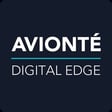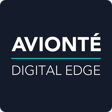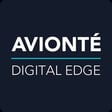
CEO, Rishabh Mehrotra, on How Avionté is Revolutionizing the Industry with Platform Staffing Technology
Avionté, a recognized leader in staffing technology, has recently unveiled its groundbreaking vision with the launch of a complete, end-to-end staffing platform. This innovative strategy began with the acquisition of WorkN's mobile talent solution, seamlessly integrating the company’s robust ATS with a comprehensive mobile talent app. With the addition of SimpleVMS in 2023, Avionté has solidified its position by establishing a seamless integration from VMS to ATS and mobile, digitizing the entire workflow to support the whole staffing ecosystem – from employers to agencies to talent, and back.
But platform staffing isn't new, and its adoption has sparked controversy within the industry. Early "talent platforms" faced criticism for their perceived lack of quality and service, often bypassing staffing agencies. Avionté, however, takes a different approach, marrying the high scalability of talent platforms with the human touch of traditional models, effectively placing the recruiter at the center of its platform.
Join Dan Mori, Managing Partner of the National Independent Staffing Association (NISA) and Staffing Mastery, as he sits down with Avionté CEO, Rishabh Mehrotra, to explore how the company is pioneering platform staffing while upholding quality, compliance, and value – and why this approach is poised to revolutionize the industry!






